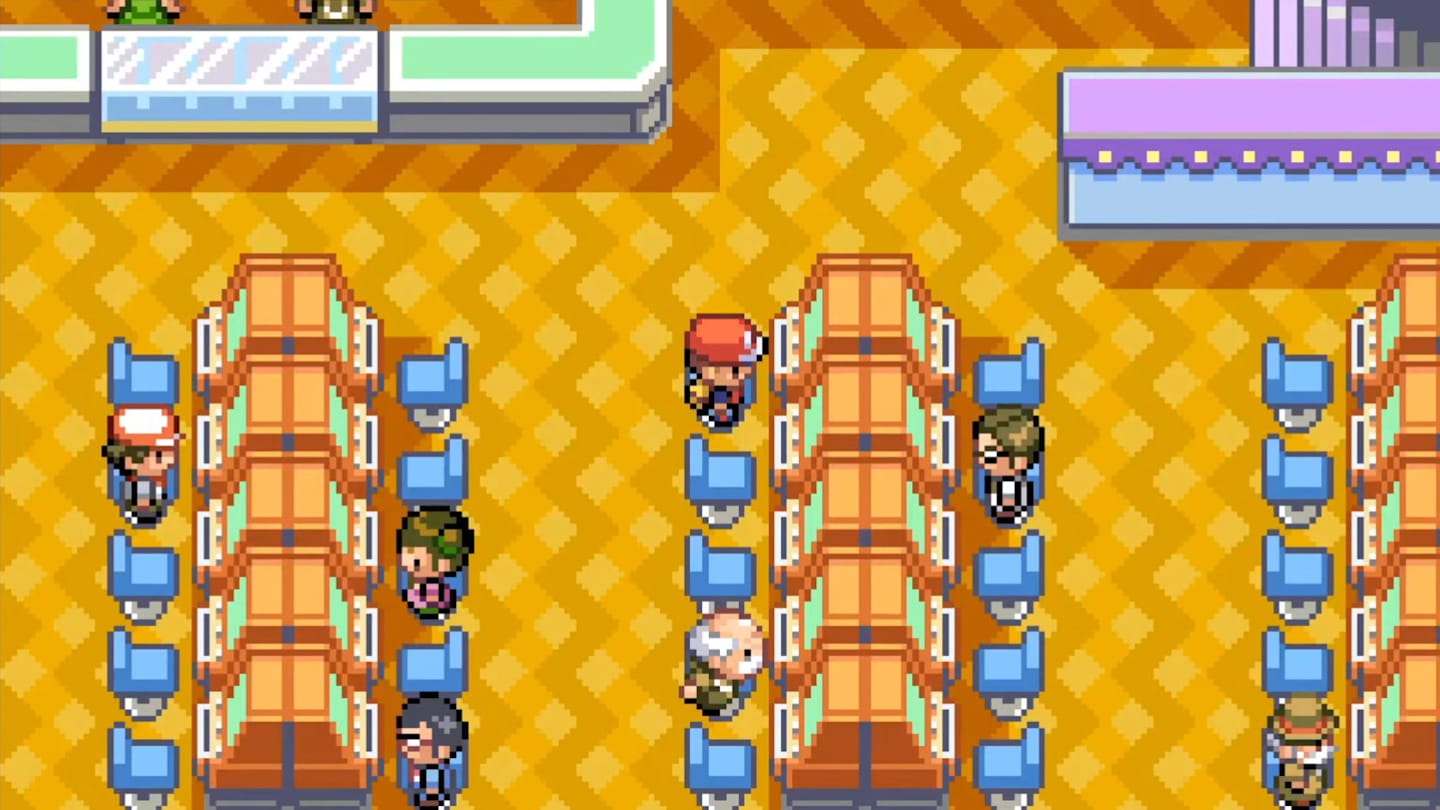Australia’s new classification rules could see Pokémon and Zelda released as R-rated games

Next week, the Australian government is rolling out a pretty big change to the way that video games are classified. The new rules will come into effect on September 22, 2024, and they could see games like Pokémon, Zelda, and Animal Crossing rated 18+.
The Australian government’s new rules are cracking down on in-game gambling of all kinds, including loot boxes and simulated gambling, as revealed last year. Any game that features loot boxes that can be purchased with real money will be rated at least M, which in Australia means that it’s recommended for ages 15 and above, but not legally enforced. Any game that features simulated gambling will automatically be rated R18+, and legally only able to be sold to adults.
What constitutes simulated gambling? Per the legislative document detailing the changes, as outlined by IGEA, simulated gambling is defined as “interactive activity within a game that resembles or functions like a real world age restricted betting or gambling service and does not provide rewards that can be redeemed for real world currency or traded to other players in-game for real world currency.”
That’s a bit of a mouthful, but basically if there’s something in a game that could be considered age-restricted gambling if it were something happening in the real world, it’s simulated gambling. For example, in many of the best Pokémon games, players can buy tokens with in-game money and gamble them in random chance slot machines to earn more tokens — because slot machines are a type of gambling, this would cause the game to gain an 18+ rating.
A more recent example would be Star Wars Outlaws, which is rated M in Australia, so it’s currently suitable for those aged 15 or above but can be sold to anybody. In Outlaws, you can gamble in multiple ways, including during the poker-like Sabacc and by betting on the outcome of Fathier races. Both of these would be considered simulated gambling, and Outlaws’ rating would be automatically boosted to 18+.
The guidelines are a little bit unclear on some of the fuzzier possibilities. For example, in many Zelda games, there’s an NPC where you can pay 10 Rupees to open one of three chests, which may contain nothing, 10 Rupees, or 50 Rupees, for example. This, theoretically, would be considered simulated gambling, but it’s unclear if this would cross the line per the restrictions laid out.
The automatic M rating for loot boxes has potential ramifications for otherwise kid-friendly games, too. Pokémon Go is a good example of this — currently, it’s rated for ages 9 and above on the iOS App Store, or a PG (for parental guidance recommended) via the Australian Classification Board, but it allows players to purchase coins, which can then be used to purchase egg incubators, which are used for hatching eggs. And while the line feels a bit blurred, eggs in Pokémon Go are definitely a kind of loot box, and it’s likely the game, if classified after September 22, would be given an M rating.
That’s because the guidelines very specifically name this kind of scenario:
“Video games where players can purchase keys or other objects used to open loot boxes or other [randomized] rewards with either real world currency or in-game currency that can be purchased using real world currency.”
Thankfully, games classified prior to September 22, 2024 are exempt from the restrictions, and won’t need to be reclassified automatically, but that doesn’t mean games like Pokémon Go or Star Wars Outlaws are totally in the clear. If a game is updated to substantially change or add either loot boxes or simulated gambling elements, it will need to be reclassified, and any other requirement for reclassification would likely see a need for these new rules to apply, too.
Related
I became a millionaire in my 20s but my sports…
Millions wagered, hundreds of thousands in debt and a pending divorce.Joe C, a native of Chicago, fell into the depths of addictive sports gambling at the age o
Strip executive retiring after 3 decades with gambling giant MGM…
A top executive who oversees multiple properties on the Strip, including one of Las Vegas Boulevard’s most recognizable and successful casino-hotels, is
Danish Government’s Success with Gambling Addiction
Gambling addiction is a growing concern worldwide, with many countries struggling to find effective ways to regulate the industry. Denmark, however, has e
UFC 313 Gambling Preview: Will Magomed Ankalaev end Alex Pereira’s…
Alex Pereira is back! On Saturday, Pereira puts his light heavyweight title on the line against Magomed Ankalaev in the main event of UFC 313. Before that, J












